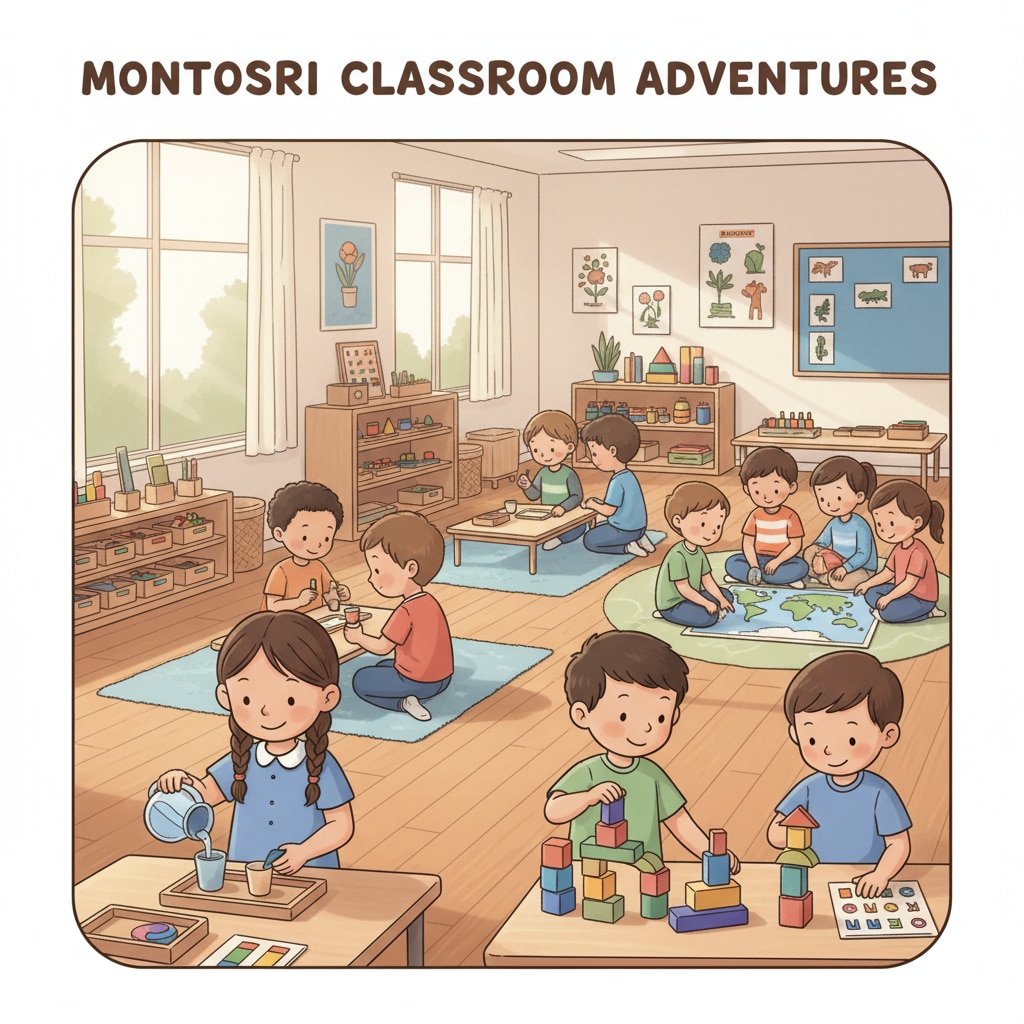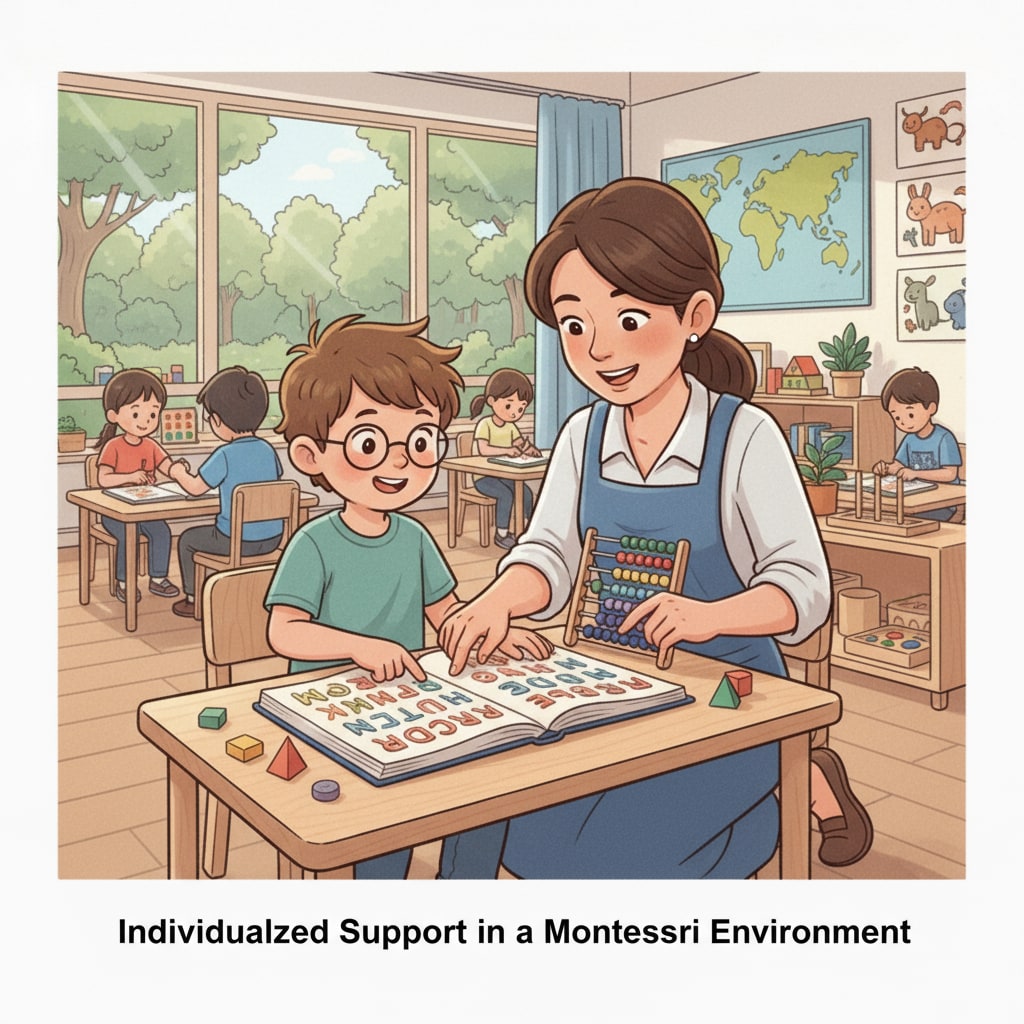High-ability students, school transition, twice-exceptional (2e), and Montessori education are key aspects when considering the educational journey of certain children. For those who might be twice-exceptional (2e) and are in high-ability kindergarten programs in Montessori schools, transitioning to the public school system can be a challenging yet rewarding experience.

Understanding the Twice-Exceptional (2e) Child
Twice-exceptional (2e) children are those who possess high intellectual abilities but also have learning disabilities or other special needs. According to Understood.org, these children often face unique challenges in different educational settings. In a Montessori environment, they may thrive due to its individualized approach. However, the public school system has a more standardized curriculum. Therefore, it’s crucial to understand their specific needs to ensure a smooth transition.

The Montessori and Public School Differences
The Montessori educational philosophy emphasizes self-directed learning, hands-on activities, and a prepared environment. On the other hand, public schools typically follow a more structured schedule and group-based instruction. For example, in Montessori, children can choose their learning materials, while in public schools, the curriculum is more teacher-driven. As a result, 2e children may find it difficult to adapt to these differences. Montessori.edu provides more insights into the Montessori approach.
To help these children transition, parents and educators can take several steps. Firstly, communication is key. Parents should talk to the public school teachers about their child’s strengths, weaknesses, and special needs. In addition, visiting the public school before the transition can help the child become familiar with the new environment. Moreover, maintaining a consistent routine at home can also ease the adjustment process.
Readability guidance: As we can see, understanding the nature of 2e children and the differences between Montessori and public schools is fundamental. By following these steps, we can better support high-ability 2e children in making a seamless transition from Montessori to public schools.


